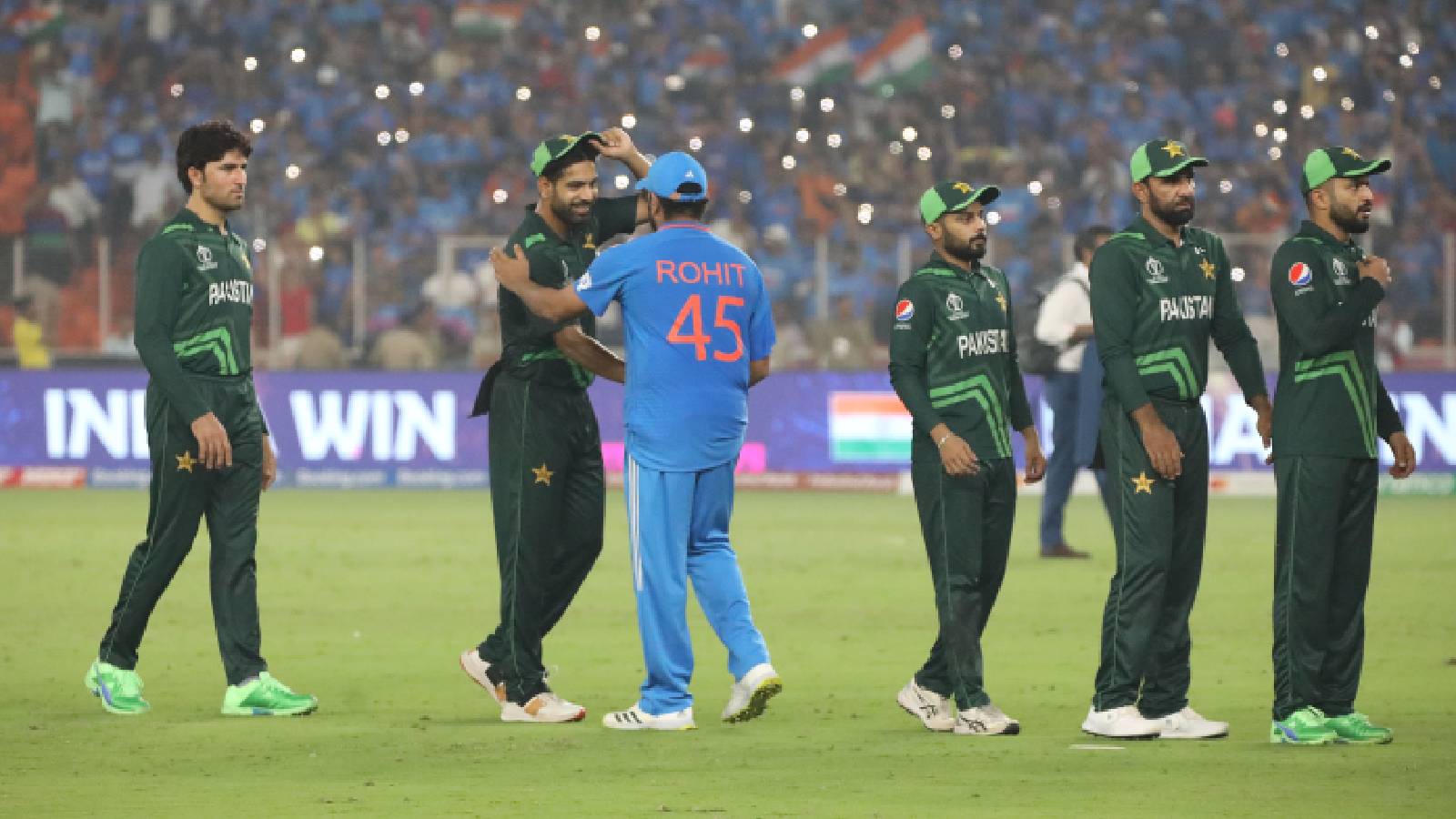 |
|
The ongoing dispute between India and Pakistan regarding the hosting of the Champions Trophy has reached a critical juncture. A recent virtual meeting of the International Cricket Council (ICC) board failed to produce a resolution, leaving the future of the tournament hanging in the balance. The primary point of contention centers around the proposed 'hybrid model,' which would allow India to play its matches at a neutral venue, a proposal vehemently rejected by the Pakistan Cricket Board (PCB). This rejection underscores the deep-seated political tensions that continue to overshadow sporting collaborations between the two nuclear-armed nations. The PCB's stance reflects a desire to uphold its rights as the designated host nation and maintain the integrity of the tournament within its own borders. However, this position is fraught with complications given the complex geopolitical landscape and the security concerns surrounding hosting an Indian cricket team in Pakistan.
The ICC's decision to grant the PCB additional time to negotiate a solution with the Board of Control for Cricket in India (BCCI) highlights the organization's precarious position. The ICC faces the challenging task of balancing its commitment to fair play and the global appeal of the sport with the geopolitical realities that often dictate cross-border sporting events between India and Pakistan. The brief, fifteen-minute virtual meeting underscores the urgency of the situation and the limited progress made. The mandate to find a mutually acceptable formula places the onus on all three parties – the PCB, the BCCI, and the ICC – to find common ground. This necessitates a high degree of diplomatic maneuvering and a willingness to compromise, factors which have been conspicuously absent in previous attempts at resolving this long-standing issue.
The requirement for any agreed-upon formula to receive approval from both the Indian and Pakistani governments further complicates the matter. This underlines the deep involvement of political considerations in what should ideally be a purely sporting matter. The governments' potential involvement introduces additional layers of complexity, as their decisions are likely to be influenced by factors beyond the scope of cricket, such as broader bilateral relations and nationalistic sentiments. Securing governmental approval may necessitate further negotiations and compromises, possibly extending the timeline for a final decision. The political sensitivities involved significantly increase the stakes and the likelihood of protracted negotiations. The uncertainty surrounding the tournament's future highlights the challenges faced by international sporting bodies when navigating the intricacies of international politics.
The impasse raises serious concerns about the future of the Champions Trophy. A delayed or canceled tournament would have significant repercussions for the participating teams, sponsors, and fans worldwide. The economic implications, including lost revenue from broadcasting rights, ticket sales, and sponsorship deals, are substantial. Furthermore, the lack of a resolution could damage the reputation of the ICC and cast doubt on its ability to effectively manage high-profile international sporting events. The implications extend beyond mere financial losses; the ongoing stalemate undermines the spirit of international sportsmanship and potentially sets a negative precedent for future cross-border sporting collaborations. A successful resolution requires not only compromise and diplomatic skill but also a concerted effort to prioritize the spirit of fair play and the interests of the global cricketing community.
Moving forward, finding a resolution necessitates a multi-pronged approach. Open communication and a willingness to engage in constructive dialogue between the PCB, the BCCI, and the ICC are paramount. Mediation by neutral parties with a proven track record in conflict resolution could prove beneficial. Furthermore, exploring alternative venues or formats could offer potential solutions. While preserving the integrity of the tournament is critical, a degree of flexibility and a focus on finding a compromise that respects the concerns of all parties is essential. Ultimately, a successful outcome demands a commitment to overcoming the political obstacles and prioritizing the long-term interests of the sport.
Source: No deal: India and Pakistan continue to disagree over Champions Trophy
